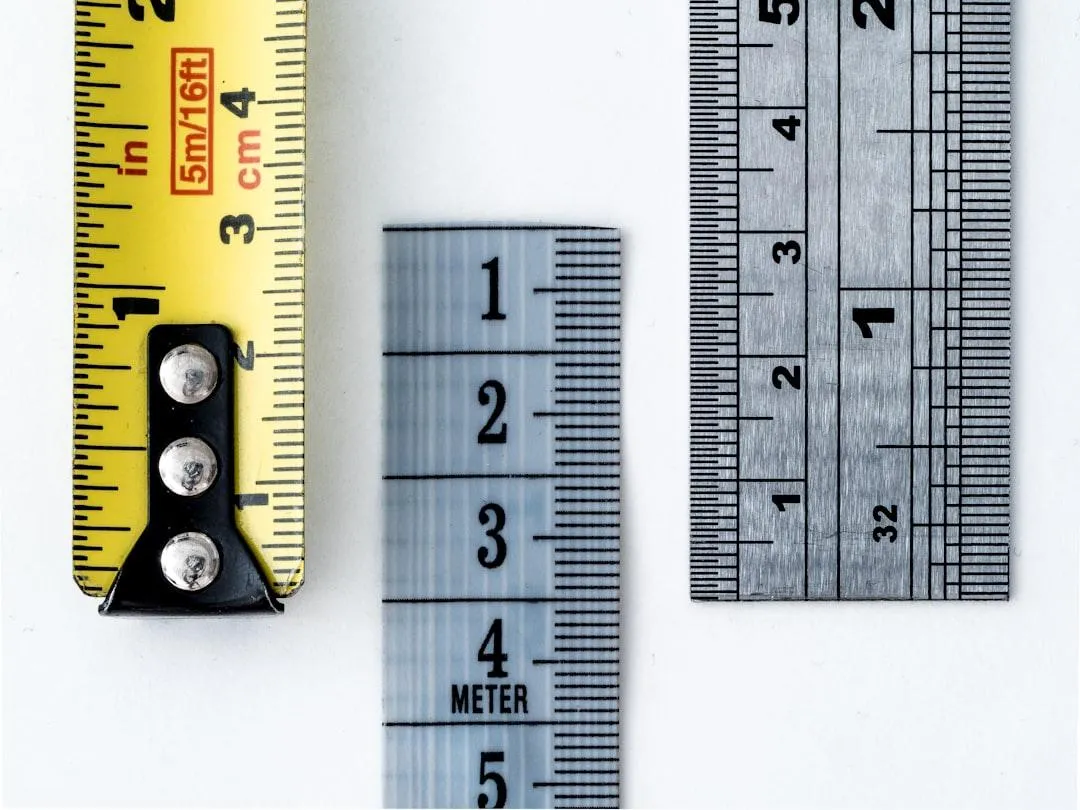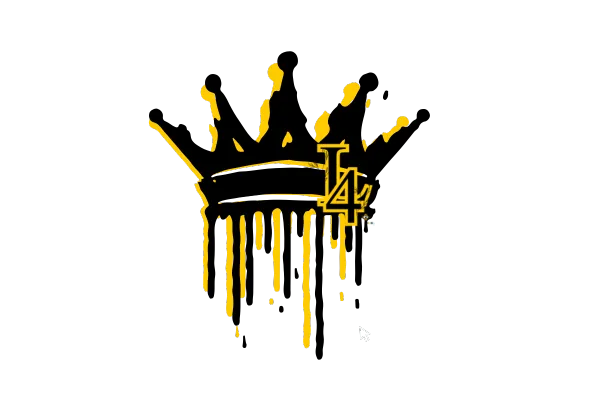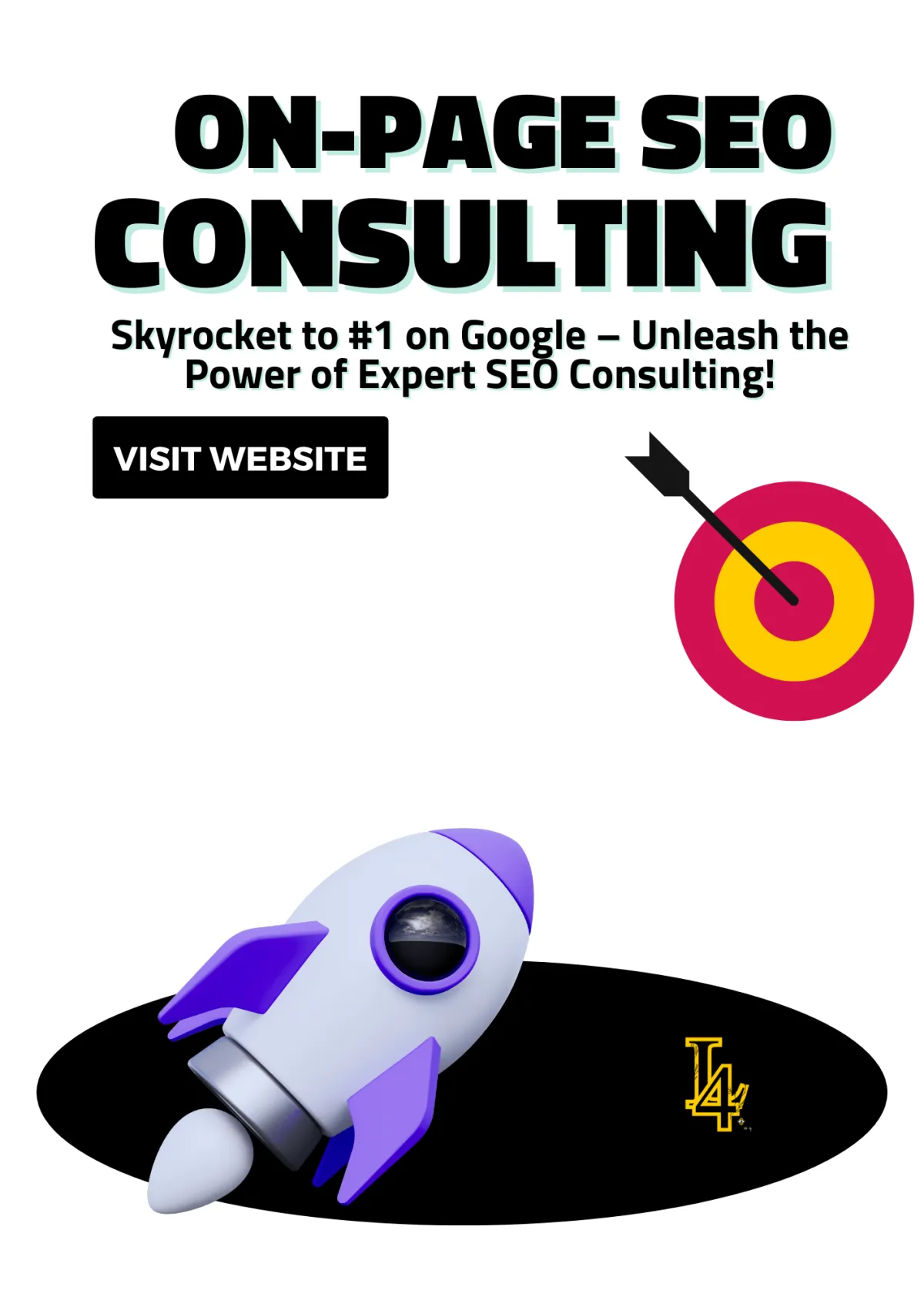
The Shocking Truth About Measuring Reputation (Most Businesses Get It Wrong!)
"I used to think a few good reviews meant my reputation was solid. I was dead wrong. It wasn’t until I actually learned how to measure reputation properly that my business really took off — and trust me, most businesses mess this up badly."

The Shocking Truth About Measuring Reputation (Most Businesses Get It Wrong!)
Why Measuring Reputation Matters
What Is Brand Reputation, Really?
Core Metrics to Measure Reputation
Best Tools to Measure Reputation
Step-by-Step Guide: How to Measure Reputation
How This Connects to Brand Reputation Management
How This Connects to Brand Reputation Marketing
How This Connects to Brand Reputation Protection
Final Thoughts: Why You Must Learn How to Measure Reputation
Why Measuring Reputation Matters
If you’re serious about growing your brand, you can’t afford to ignore your reputation — because today, reputation is currency. It drives trust, clicks, conversions, and partnerships. And if you don’t measure it, you can’t manage it.
Think about it:
Customers don’t buy blind.
Before making a purchase, they Google you, read reviews, check social media, and compare you to competitors. One bad impression can mean a lost sale.Top talent won’t apply to companies with bad reviews.
Your reputation on platforms like Glassdoor or LinkedIn affects who wants to work for you. A toxic image means missing out on the best people.Partnerships and B2B deals depend on credibility.
Potential partners and clients look up your track record before signing anything. A shaky reputation kills trust before you even pitch.Investors and stakeholders watch too.
If you're seeking funding or growth, reputation can be a dealbreaker. No one wants to back a brand with public backlash brewing.
Measuring your reputation helps you:
Spot problems early before they become public disasters.
Understand what customers are actually saying — not just what you think they feel.
Track trends so you can improve, not just react.
Benchmark yourself against competitors and industry standards.
Your brand is only as strong as what people say about it when you're not in the room.
And today, that "room" is the internet — always open, always listening.

What Is Brand Reputation, Really?
When I first started learning how to measure reputation, I thought it was all about star ratings. Wrong again.
Brand reputation is the full story people tell about you when you're not in the room. It’s star ratings, yes, but also reviews, comments on social media, mentions on forums, word of mouth, even the vibe your website gives off.
When we talk about how to measure reputation, we're talking about capturing all of that — and understanding what it says about your business.
Core Metrics to Measure Reputation
If you're serious about learning how to measure reputation, these are the numbers you need to track — and track often.
Star Rating Average
What’s your average rating on platforms like Google, Yelp, and Facebook?⭐ A 4.7 looks world-class.
⭐ A 3.9 raises doubts.
⭐ Below 3.5? You're losing business — guaranteed.

Review Volume
How many total reviews do you have?High volume builds trust and signals consistency.
A few reviews, even if they’re good, make you look untested.
Competitors with 10x more reviews will win — even with lower ratings.
Review Recency
When was your last review posted?If your reviews are over 6 months old, it looks like your business has slowed — or worse, shut down.
Fresh, frequent reviews show that you’re active and relevant.
Sentiment Analysis
Go beyond the stars. What are people actually saying in their reviews and comments?Tools like Brandwatch or Sprout Social analyze tone and trends at scale.
Look for repeated complaints or glowing themes — those are signals you can act on.
Social Mentions
Are people talking about your brand on TikTok, X (Twitter), Instagram, Facebook, or Reddit?Track both tagged and untagged mentions.
Volume matters, but tone matters more. Are you going viral for the right reasons?
Search Engine Rankings
Where do you appear when people search your name or industry keywords?High ranking = visibility and authority.
If negative press or bad reviews show up first, you’ve got a visibility crisis.
Use tools like Google Search Console or SEMrush to monitor what people see first.
Brand Mentions on Review Aggregators & Forums
Don’t forget niche review sites and forums in your industry.For SaaS, it’s G2 and Capterra.
For restaurants, TripAdvisor.
For contractors, Angi or Houzz.
Track how your name is being used — even when you’re not tagged.
Reputation isn’t just a vibe — it’s a metric.
And these numbers? They don’t lie.
Watch them daily. Act weekly. Grow constantly..

Ready to Track and Grow Your Reputation the Right Way?
👉 Start using Lookhin4 Reputation today!
Get full access to the tools you need to monitor reviews, track mentions, and build trust fast.
[Book Your Free Consultation Now!]
Best Tools to Measure Reputation
When I figured out how to measure reputation effectively, these tools became my best friends:
Google My Business Insights
Yext
ReviewTrackers
Lookhin4 Reputation (my personal favorite for small businesses!)
Without these tools, measuring reputation is just guesswork. And you can't afford to guess.
Step-by-Step Guide: How to Measure Reputation
Measuring reputation isn’t guesswork — it’s a system. Here’s how to do it right:

Set up Google Alerts for your business name.
Stay ahead of the conversation. Every time your name pops up online, you’ll get notified. Set alerts for your business name, product names, and even key staff if they're public-facing.Monitor your Google, Yelp, and Facebook reviews daily.
These are the big three for most businesses. Check them every day. New reviews = real-time feedback on what your customers are experiencing.Use sentiment analysis tools.
Tools like Brand24, Mention, or even built-in features on review platforms can help gauge whether the buzz around your brand is positive or negative — and how that’s shifting over time.Survey your customers after every transaction.
Keep it simple: “How was your experience?” Direct feedback fills in the gaps that public reviews miss — and often catches problems early, before they escalate online.Track review quantity, quality, and speed over time.
Don’t just count stars. Look at:Quantity: Are reviews growing or slowing?
Quality: What’s the average rating trend?
Speed: Are you getting regular feedback, or is it stagnant?
Respond to reviews — all of them, not just the good ones.
Reply to every review. Thank the happy ones, and address the negative ones with calm, professional responses. It shows you’re present, accountable, and customer-focused.Watch competitor reviews too.
If they’re getting better reviews than you, ask why. If they’re getting slammed, learn from their mistakes before they become yours.
Common Mistakes People Make
Even if you think you’re on top of your online reputation, these rookie errors can quietly wreck your credibility:
Only checking reviews once a month.
By the time you see a bad review, it’s already cost you potential customers. You need real-time alerts and consistent monitoring.Ignoring social media mentions.
People don’t just leave feedback on Yelp or Google. If someone’s trashing your brand on Twitter or TikTok, and you miss it, the damage spreads fast.Not responding to negative reviews.
Silence looks like guilt. Even a short, professional response shows you care — and often, that’s enough to flip the narrative.Not asking happy customers to leave new reviews.
Most people only review when they’re angry — unless you ask. A steady stream of positive feedback is your best defense.Treating reputation like a side task.
Measuring reputation isn’t passive. It’s not a checkbox or a monthly to-do. It’s part of your brand’s heartbeat — something you manage and protect daily.Assuming one platform is enough.
Just checking Google? You’re missing what people say on Facebook, Reddit, forums, and niche review sites. Your reputation lives everywhere.Failing to track trends.
One bad review might be noise. Five on the same issue? That’s a pattern. If you’re not tracking review themes, you’re missing your chance to fix real problems.

How This Connects to Brand Reputation Management
Once you master how to measure reputation, you can move into brand reputation management — where you actually fix, boost, and promote your brand image.
➡️ Learn how to dominate with Brand Reputation Management here.
How This Connects to Brand Reputation Marketing
When you’re tracking reviews and mentions, guess what? You can use positive feedback for brand reputation marketing to bring in more customers naturally.
➡️ Learn about Brand Reputation Marketing here.
How This Connects to Brand Reputation Protection
Measuring reputation also lets you spot problems before they explode. Early detection = protection.
➡️ Learn how to defend your brand with Brand Reputation Protection here.
Final Thoughts: Why You Must Learn How to Measure Reputation
If you’re serious about winning today, you must master how to measure reputation.
Not next year. Not next quarter. Today.
The brands that survive tomorrow are the ones measuring reputation today.
Let’s make sure yours is one of them.
Before you can improve your reputation, you need to measure it. Learn how to track and analyze your brand’s public perception in this reputation analysis guide.
👉 Don’t guess — use this reputation analysis checklist to know exactly where your brand stands online
More Online Reputation Articles
Online Reputation Specialist Shares Secrets to Boosting Trust & SEO Rankings
Reputation Management in Connecticut: How to Protect and Enhance Your Online Image
Online Reputation Cost: How Much Should You Pay to Fix Bad Reviews?
Best Online Reputation Management in NZ: Protect Your Brand & Boost Sales












